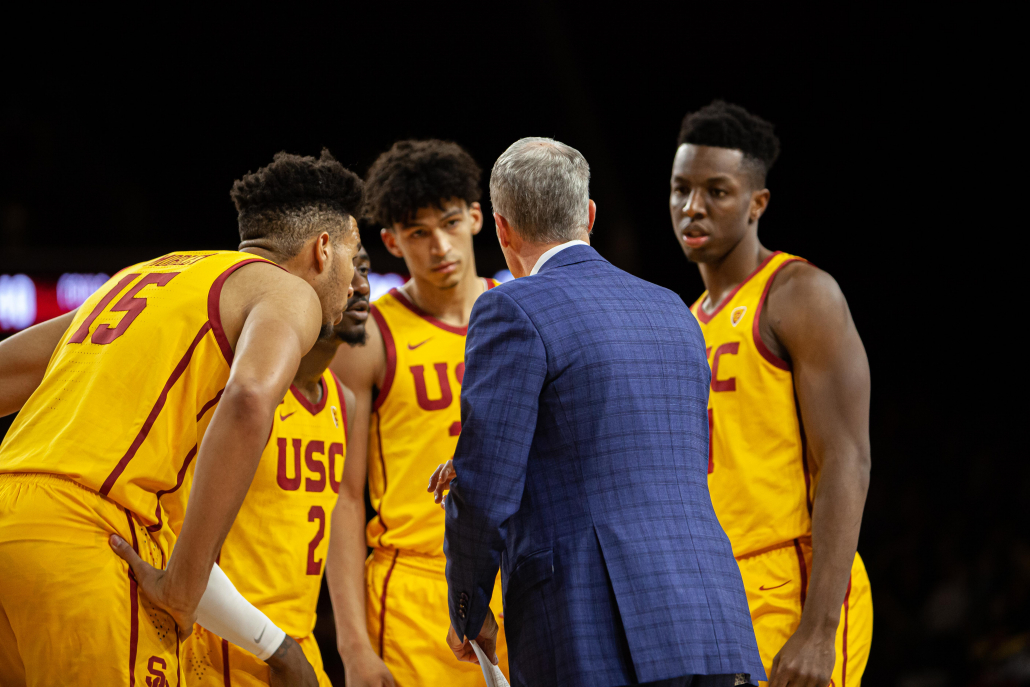Pac-12 partners with Quidel for research initiative and rapid-results testing

The Pac-12 Conference announced a partnership with diagnostic testing company Quidel Corporation Thursday including coronavirus testing that could be conducted daily and allows for results to be returned in as little as 15 minutes.
Each of the Pac-12 athletic departments is expected to receive its machines and tests by the end of September.
In a press release announcing the partnership, the conference said the new testing could accelerate the timeline for the return to competition, as the infrequency of testing and the lag in results turnaround contributed to the conference’s mid-August decision to postpone all sports until 2021.
“This is a major step toward the safe resumption of Pac-12 sport competitions,” Pac-12 Commissioner Larry Scott said in the release. “The availability of a reliable test that can be administered daily, with almost immediate results, addresses one of the key concerns that was expressed by our medical advisory committee, as well as by student-athletes, coaches and others.”
The press release also said the testing program will help reduce the level of necessary contact tracing and ease the burden on local health officials as spread among athletes is significantly reduced.
“Our partnership with Quidel, the industry leader in point-of-care antigen testing, will provide crucial research data that will benefit our members’ communities as well as the entire country,” Scott said in the release.
In a media press conference Thursday, Scott said that he is hopeful the testing arrangement will allow basketball season to begin before Jan. 1 and that the conference will continue to reevaluate the start date of football season, with both 2020 and 2021 potential starts in mind.
The testing program will apply to all close-contact sports at each university, with the 15-minute results period allowing for infection incidents to be isolated.
The testing system will begin in a research phase to see if the rapid testing immediately prior to practices or competitions can decrease or even eliminate the risk of infection through sporting events. It will also study how the virus operates in asymptomatic individuals.
Dr. Doug Aukerman, Oregon State senior associate athletic director of sports medicine and chair of the Pac-12 Student-Athlete Health and Well-Being Initiative Board, said in the release that research will have an effect beyond college sports as well.
“This will allow us to learn even more about the behavior of the virus, especially in asymptomatic and pre-symptomatic individuals,” Aukerman said. “The implication is that this can inform the broader medical community on asymptomatic cases as well as our care and treatment for student-athletes.”
Scott reiterated in the press conference that while the testing program is likely to reduce the spread of the virus among student-athletes, the Pac-12 will still require clearance from member schools’ local health authorities before returning to competition. Many of the Pac-12’s schools, including USC and UCLA, currently do not have such clearance.

